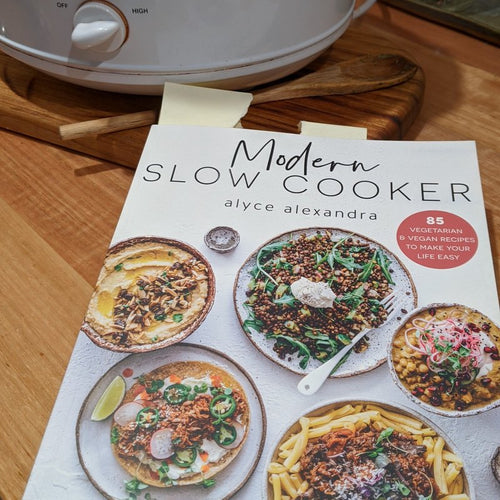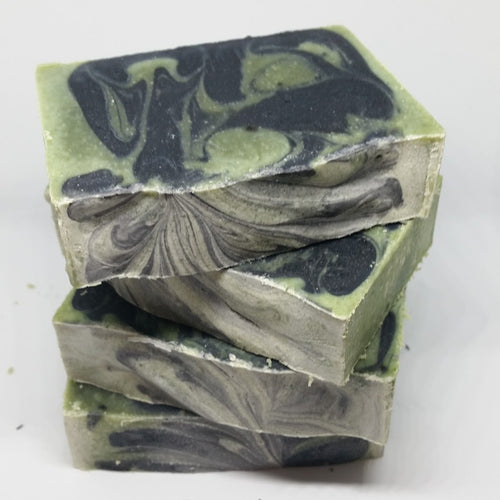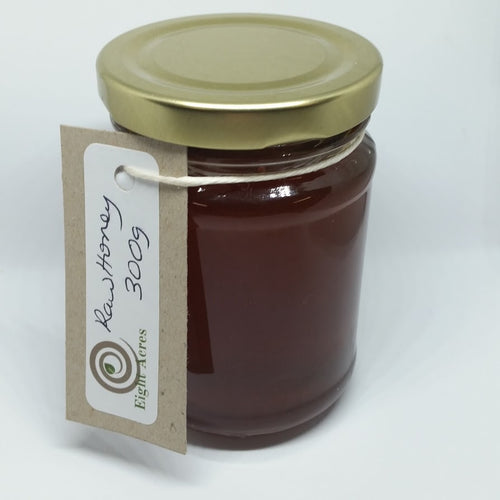The buzz about bees - book review
The more I learn about the bees, the more I'm fascinated by them and amazed at the things that researchers have figured out! To be successful beekeepers we need to try to learn as much as we can about the bees in our care. Some of the books on beekeeping use a kind of rote learning approach and tell you exactly what to do with your bees, but they can't possibly cover every situation, so you need to also learn to think for yourself using bee-knowledge to make the best management decisions for your bee hives.
The book The Buzz about Bees: Biology of a Superorganism (affiliate link) was recommended by the awesome Rusty on Honey Bee Suite so when I decided that I needed to know more about bee biology, I purchased a copy (using Amazon credit from you guys clicking on my affiliate links, thank you!!). This is a good-sized book, packed with information and wonderful close-up photos of bees (they look all fuzzy and cuddly at that size!).
(affiliate link) was recommended by the awesome Rusty on Honey Bee Suite so when I decided that I needed to know more about bee biology, I purchased a copy (using Amazon credit from you guys clicking on my affiliate links, thank you!!). This is a good-sized book, packed with information and wonderful close-up photos of bees (they look all fuzzy and cuddly at that size!).
I learnt so much from this book, I'm just going to share a couple of insights, but you really need to read the whole thing if you have bees (or are planning to get bees).
The one thing I would say is that my previous reading (actually audio-book-listening while driving) of Richard Dawkins' The Selfish Gene did help with some of the more complex genetics explained in one of the chapters. I think it would have been more difficult to follow if I hadn't already got that background in genetics and the chapter in The Selfish Gene about bees and ants that live in colonies goes into the detail you need. So if you struggle with that chapter its worth referring back to The Selfish Gene for more information.
did help with some of the more complex genetics explained in one of the chapters. I think it would have been more difficult to follow if I hadn't already got that background in genetics and the chapter in The Selfish Gene about bees and ants that live in colonies goes into the detail you need. So if you struggle with that chapter its worth referring back to The Selfish Gene for more information.
If you're interested in bees or keep bees yourself and you've read all the basic beekeeping books, this one really takes your knowledge to the next level and will help you with the more complex management decisions that can't be foreseen.
Do you have a favourite beekeeping book? Anyone else find bees endlessly fascinating??
(Thank you for using my Amazon Affiliate links to purchase from Amazon!)
The book The Buzz about Bees: Biology of a Superorganism
I learnt so much from this book, I'm just going to share a couple of insights, but you really need to read the whole thing if you have bees (or are planning to get bees).
- Bees can recognise colours and flowers when they are on a foraging flight, but when they fly home they concentrate on other things, so they generally only see patterns in black and white only. Don't ask me how scientists have figured this out! The implication for me is that I had been wondering if there was value in painting the front of our bee hives. Some people do, while others don't bother. The answer is that bees will really only recognise the patterns when they are returning from foraging, so if I paint them, I need to make sure to use distinct patterns on each hive, colours being optional and for human enjoyment rather than being useful to the bees. There is more in the book about how bees find flowers and tell the rest of the hive, and several pages on the famous waggle dance (some people have clearly spent a LOT of time watching bees!).
- One of the jobs of the nurse bees is to keep the brood nest warm. They actually lie in empty cells in the brood and vibrate their abdomen to heat the surrounding cells containing developing larvae. It really makes me think that we need to keep inspections to a minimum when bees are working so hard to keep their hive at the right temperature and we just open it up, move frames around and disturb the whole thing, no wonder they can get angry.
- The virgin queen bee on the her mating flight somehow finds Drone Convergence Zones and is accompanied by worker bees from her hive. Scientists are still figuring out how she finds the DCZ, which can be some distance from the hive and why the workers go with her.
There is more about swarming behaviour, how beeswax is made and royal jelly (any time I see a "beauty product" containing royal jelly or pollen I think what a waste, why would you take food from the bees?!). And so many beautiful photos. I really think you could read this book several times, it has some much information, and it is quite easy to follow.
The one thing I would say is that my previous reading (actually audio-book-listening while driving) of Richard Dawkins' The Selfish Gene
If you're interested in bees or keep bees yourself and you've read all the basic beekeeping books, this one really takes your knowledge to the next level and will help you with the more complex management decisions that can't be foreseen.
Do you have a favourite beekeeping book? Anyone else find bees endlessly fascinating??
Other posts about bees on Eight Acres:
(Thank you for using my Amazon Affiliate links to purchase from Amazon!)






















Leave a comment